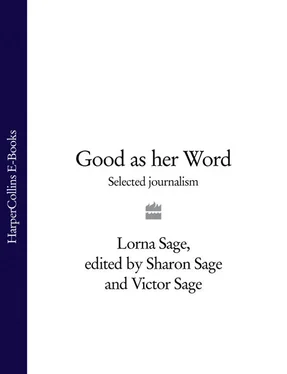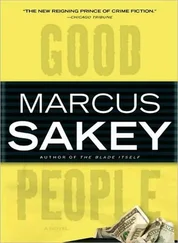To the astonishment of her protectors, she took herself seriously: the classical ‘Attitudes’ in which Sir William perfected her (and which she performed for the company after dinner) were reflected in an awesome personal straightforwardness that made people accept her as a brilliant exception, outside the rules. Greville had written to Sir William that she was ‘capable of anything grand, masculine or feminine’; and Sir William, justifying his marriage, described her as ‘an extraordinary being’ – ‘It has often been remarked that a reformed rake makes the best husband, Why not vice versa ?’ Visitors to Naples saw in her classical antiquities brought to life. This is Goethe, one of the after-dinner audience:
The spectator … sees what thousands of artists would have liked to express realised before him in movements and surprising transformations … in her [Sir William] has found all the antiquities, all the profiles of Sicilian coins, even the Apollo Belvedere.
And so the stage was set for her apotheosis as Nelson’s consort. Here the sublime teeters on the edge of the ridiculous: he came along only just in time (she was getting dangerously large in her thirties) and few observers could quite take the real life enactment of a passion on the Olympian scale. Spiteful Mrs Trench was only one of many unbelievers – ‘She is bold, forward, coarse, assuming, and vain. Her figure is colossal … Lord Nelson is a little man, without any dignity.’
Suddenly she is a Juno lumbering among sceptics, her grandeur turned to grossness like one of Swift’s simple-minded Brobdingnagians. With Nelson’s death, her claims to heroic stature fell away, and the story leads with a sad inevitability to the boozy death in Calais, embittered further by the clause in Nelson’s will which bequeathed her (as though she were indeed a great work of art) to the nation.
Flora Fraser doesn’t moralise over the ending – not even over the nastiest part of it, Emma’s failure to acknowledge her daughter by Nelson, Horatia, who watched her die, repelled and mystified. ‘Why she should so fascinate is difficult to answer’ is the nearest we get to a conclusion.
Ms Fraser lays out the evidence in a conscientious, noncommittal fashion that reminds one that she’s a third-generation biographer, following in the footsteps of mother, and of grandmother Elizabeth Longford, and so confident (perhaps a touch too confident) that 200-year-old gossip will prove sufficiently riveting. But she has chosen her subject well – deeper speculation, one suspects, would be out of place with a character so entirely public property from the start.
Конец ознакомительного фрагмента.
Текст предоставлен ООО «ЛитРес».
Прочитайте эту книгу целиком, купив полную легальную версию на ЛитРес.
Безопасно оплатить книгу можно банковской картой Visa, MasterCard, Maestro, со счета мобильного телефона, с платежного терминала, в салоне МТС или Связной, через PayPal, WebMoney, Яндекс.Деньги, QIWI Кошелек, бонусными картами или другим удобным Вам способом.












